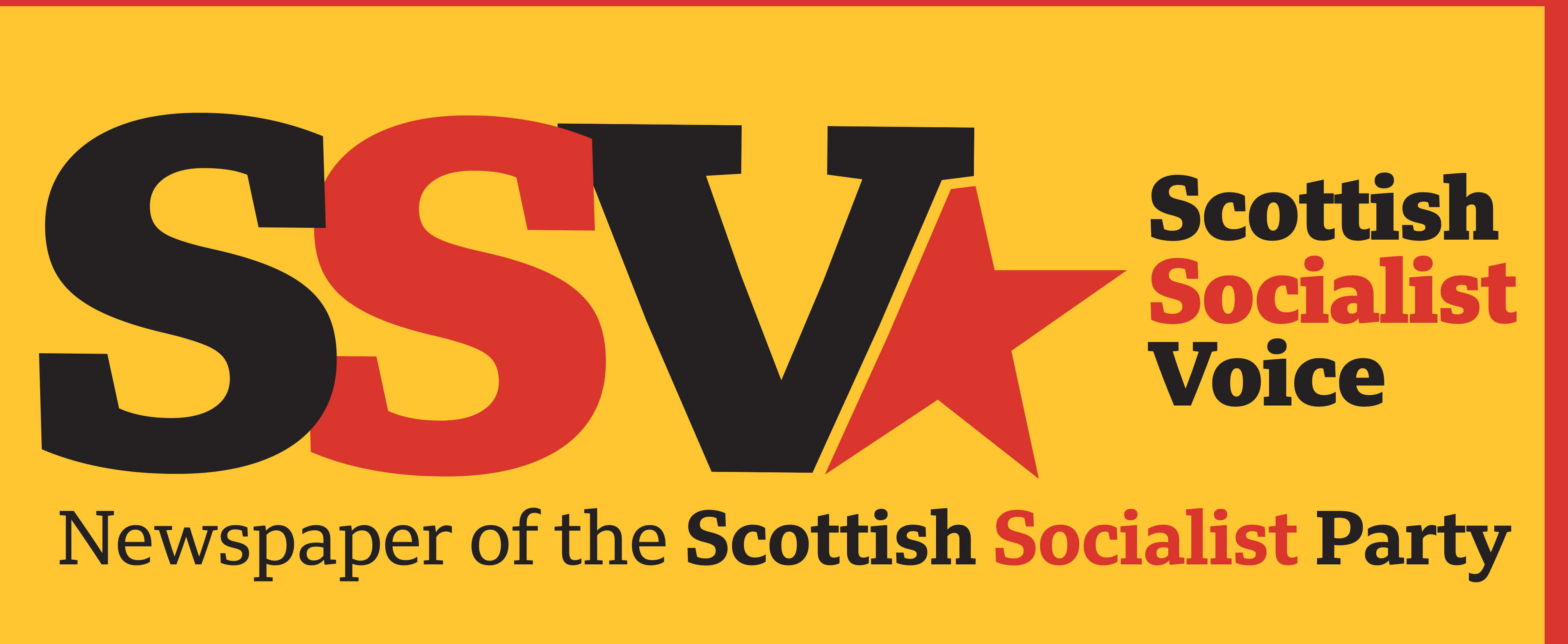The nukes of hazard
by David Mackenzie • Once again people worldwide will be commemorated the atomic bombing of Hiroshima and Nagasaki in August 1945. Some gathered at spots committed to peaceful reflection, like the Peace Poles around the world and others will fast from the 6th to the 9th.
It’s maybe worth pausing at this point and asking why this particular atrocity should still claim special attention 73 years after the event.
Even narrowing the scope down to the Pacific theatre of WW2, and the actions of the US therein, would bring in other horrific episodes, especially the firebombing of Tokyo on the night of the 9th/10th March 1945, when the incendiary bombs had a casualty list and a toll of unspeakable suffering greater than Hiroshima, with an equal brutality of inhumane intention.
There is one very obvious answer. The 6th of August 1945 can been seen as the first day of a new era in which our fragile human race has been brought face to face with the very real possibility of its complete extinction.
People gradually realised that there might not be any future for their children. Yet this awareness is itself fragile and perishable. Time has dulled our senses and allowed us to accommodate to the unthinkable. We desperately need reminding.
As well as a beginning the atomic attacks were also a culmination. In his brilliant “A History of Bombing” Sven Lundquist argued that the seeds of projects to kill huge numbers of civilians from the air by bombing were the massacres conducted by colonial powers in the late 19th and early 20th century, underpinned by technological advantages such as the Gatling gun and the racist conviction that what was involved was the extermination of members of a sub species.
And note the direction of travel. You don’t begin with a conviction about a sub species. The murder is essential for your interests and you can justify it by naming the victims as sub-human. As Truman put it two days after the Nagasaki bombing:
“When you have to deal with a beast you have to treat him like a beast”. And that racist theme still dominates the rhetoric around nuclear weapons with talk of nukes being in the “wrong hands”.
Paradoxically, the source of present hope for a future free of the apocalyptic threat lies precisely in the recognition, as ICAN1 has put it, that it’s the end of the bomb or the end of us, the recognition that while reduction and controls are a whole lot better than nothing, it is only complete elimination that will do.
This is of course the core of the UN Treaty on the Prohibition of Nuclear Weapons (TPNW). The conventional discourse which regards elimination as a pipe dream is now being radically challenged, thanks to ICAN and the TPNW, in a way inconceivable a decade ago.
Tellingly, this was acknowledged by both Reagan and Gorbachev in their 1983 Reykjavik summit with a briefly held agreement between the two to get rid of all their nuclear weapons within ten years. The point here is that two unlikely leaders reached the obvious conclusion when faced with the hideous realities.
This can work for all of us, but it needs worldwide solidarity and persistence. We express that focus and togetherness as we remember Hiroshima and Nagasaki and we can express and celebrate it again at the ‘Nae Nukes Anywhere March and Rally’ at Faslane on 22 September.
We gather at Faslane Peace Camp at noon and then make our way up to the North Gate of the base where the Rally will be addressed by an impressive group of international campaigners.
Our hearts are warmed by the readiness of folk from across the globe to come our site of national shame, to encourage us to continue the struggle against nuclear madness, and to let us know that we in our turn offer hope to the worldwide movement with our potential to move the UK towards disarmament.
There will be singers and drummers and bands, cafes and stalls, along with a Broadcast Corner for individuals to send their message out.
We will also decorate the fence to reclaim the space for peace, however briefly. Maybe you have already talked to pals about the Rally and they are saying that Faslane is an awfy long way to go.
Tell them that Dan is coming from Seoul, Sharon from Tel Aviv, Katya from the Ural Mountains, Maaike from Utrecht, Emad from Iran, Allison and Anthony from New York and Tim and Vicky from Massachusetts.
Tell them to organise a group and a bus from their own area. Tell them that all the travel info (including special buses) is at nuclearban.scot/sep-rally or via an email to hello@nuclearban.scot or at the end of a phone to 0141 357 1529. Just tell them.


Leave a comment